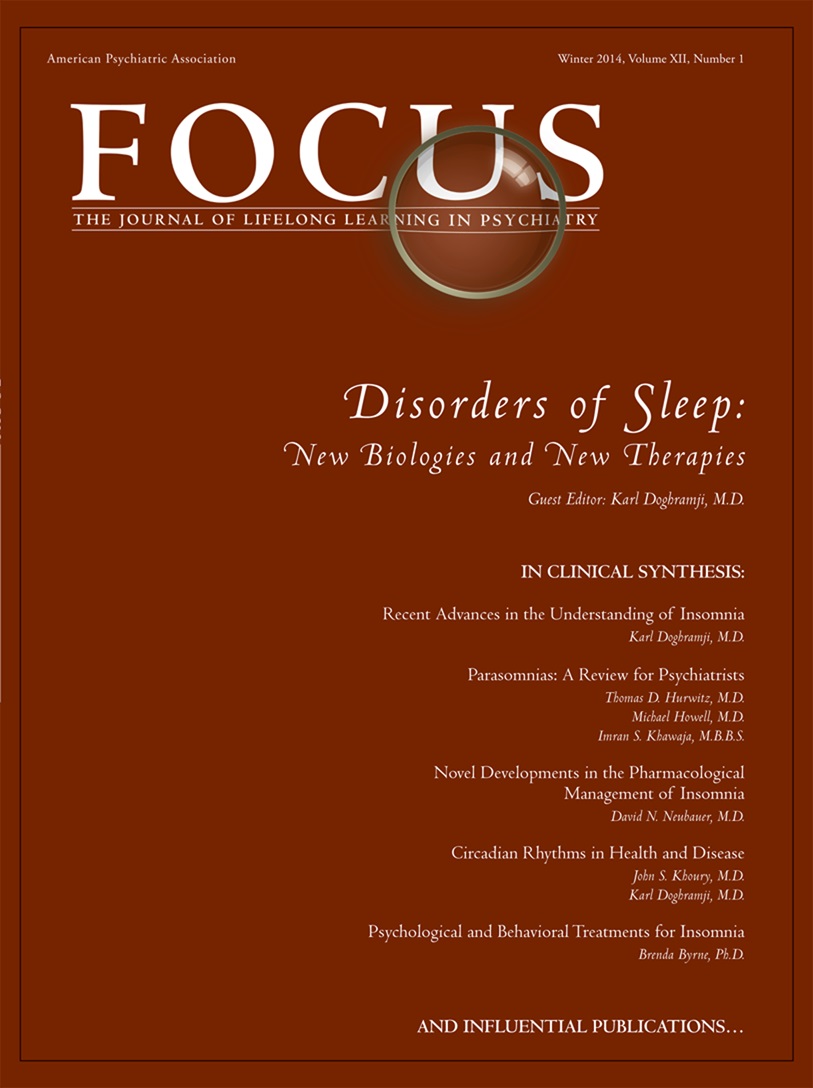CBT for Insomnia in Patients with High and Low Depressive Symptom Severity: Adherence and Clinical Outcomes
Abstract
Study Objectives
To evaluate whether depressive symptom severity leads to poorer response and perceived adherence to cognitive behavioral therapy for insomnia (CBTI) and to examine the impact of CBTI on well-being, depressive symptom severity, and suicidal ideation.
Design
Pre- to posttreatment case replication series comparing low depression (LowDep) and high depression (HiDep) groups (based on a cutoff of 14 on the Beck Depression Inventory [BDI]).
Participants
127 men and 174 women referred for the treatment of insomnia.
Interventions
Seven sessions of group CBTI.
Measurements and Results
Improvement in the insomnia severity, perceived energy, productivity, self-esteem, other aspects of wellbeing, and overall treatment satisfaction did not differ between the HiDep and LowDep groups (p > 0.14). HiDep patients reported lower adherence to a fixed rise time, restricting time in bed, and changing expectations about sleep (p < 0.05). HiDep participants experienced significant reductions in BDI, after removing the sleep item. Levels of suicidal ideation dropped significantly among patients with pretreatment elevations (p < 0.0001).
Conclusion
Results suggest that pre- to post CBTI improvements in insomnia symptoms, perceived energy, productivity, self-esteem, and other aspects of well-being were similar among patients with and without elevation in depressive symptom severity. Thus, the benefits of CBTI extend beyond insomnia and include improvements in non-sleep outcomes, such as overall well-being and depressive symptom severity, including suicidal ideation, among patients with baseline elevations. Results identify aspects of CBTI that may merit additional attention to further improve outcomes among patients with insomnia and elevated depressive symptom severity.
(Reprinted with permission from Journal of Clinical Sleep Medicine 2011;7(6):645 – 652)



